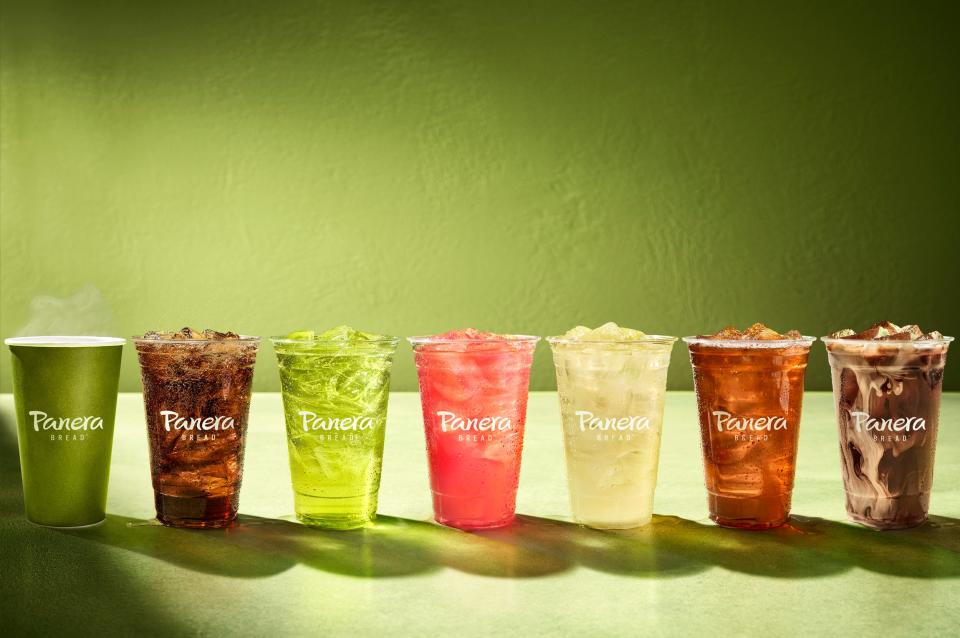Why was the latest Panera Charged Lemonade lawsuit filed in Delaware?
Panera Bread, the quick-bite chain restaurant, is facing a second lawsuit naming its Charged Lemonade − this time filed in the Delaware Superior Court.
The second lawsuit filed against the company in recent weeks claims that 46-year-old Dennis Brown, of Fleming Island, Florida, suffered a cardiac event after drinking three Charged Lemonades from a Florida Panera.
The suit, which was filed by the family, claimed that Brown had a chromosomal deficiency disorder, developmental delay, attention-deficit/hyperactivity disorder and high blood pressure, and did not consume energy drinks.
The first lawsuit claimed that 21-year-old University of Pennsylvania student Sarah Katz collapsed hours after consuming the drink at a Philadelphia Panera and fell into cardiac arrest. Katz later died at a hospital after experiencing another cardiac arrest.
Katz had long QT syndrome type 1, a heart condition that caused an irregular heart rhythm, and according to the lawsuit, also avoided energy drinks, similar to Brown.
Both suits are being represented by Philadelphia-based law firm Kline & Specter, PC. The first lawsuit, which named Katz, was filed in Pennsylvania; however, Brown's case, while he is from Florida, was filed in Delaware.
Why was the lawsuit filed in Delaware?

Panera, the defendant in the lawsuit, is a Delaware corporation whose registered agent is Corporation Service Co. in Wilmington.
Many large-scale companies are Delaware-incorporated, with more than 66% of the Fortune 500 residing here, according to the state. Described by Forbes as a "business mecca," companies registered here include Tesla, Amazon, Walmart and Disney.
And Panera isn't the first to be taken to court here, either. Other high-profile companies that have appeared in Delaware's Chancery Court include Papa John's, Tesla, and more recently, Fox News.
What has Panera said about the caffeine in these lemonades?
In the Delaware lawsuit, the family claimed Brown did not know the drinks were caffeinated.
The lawsuit also claims the Charged Lemonades were not presented as an energy drink and were served alongside the Florida store's non-caffeinated and/or less caffeinated drinks.
The suit said that a large Charged Lemonade, which has a caffeine amount of 390 milligrams, exceeds the amount of a 12-ounce Red Bull and 16-ounce Monster Energy Drink.
In a statement to USA TODAY, Panera Bread said, "Panera expresses our deep sympathy for Mr. Brown's family," but that, based on its investigation, the company believes "his unfortunate passing was not caused by one of the company's products."
"We view this lawsuit, which was filed by the same law firm as a previous claim, to be equally without merit," the statement continues. "Panera stands firmly by the safety of our products."
Panera also changed its Charged Lemonade's labeling, saying in a statement to NBC News that they had enhanced their prior caffeine disclosures for the drink out of an "abundance of caution."
This article originally appeared on Delaware News Journal: Second Panera Charged Lemonade lawsuit filed in Delaware. Why here?

